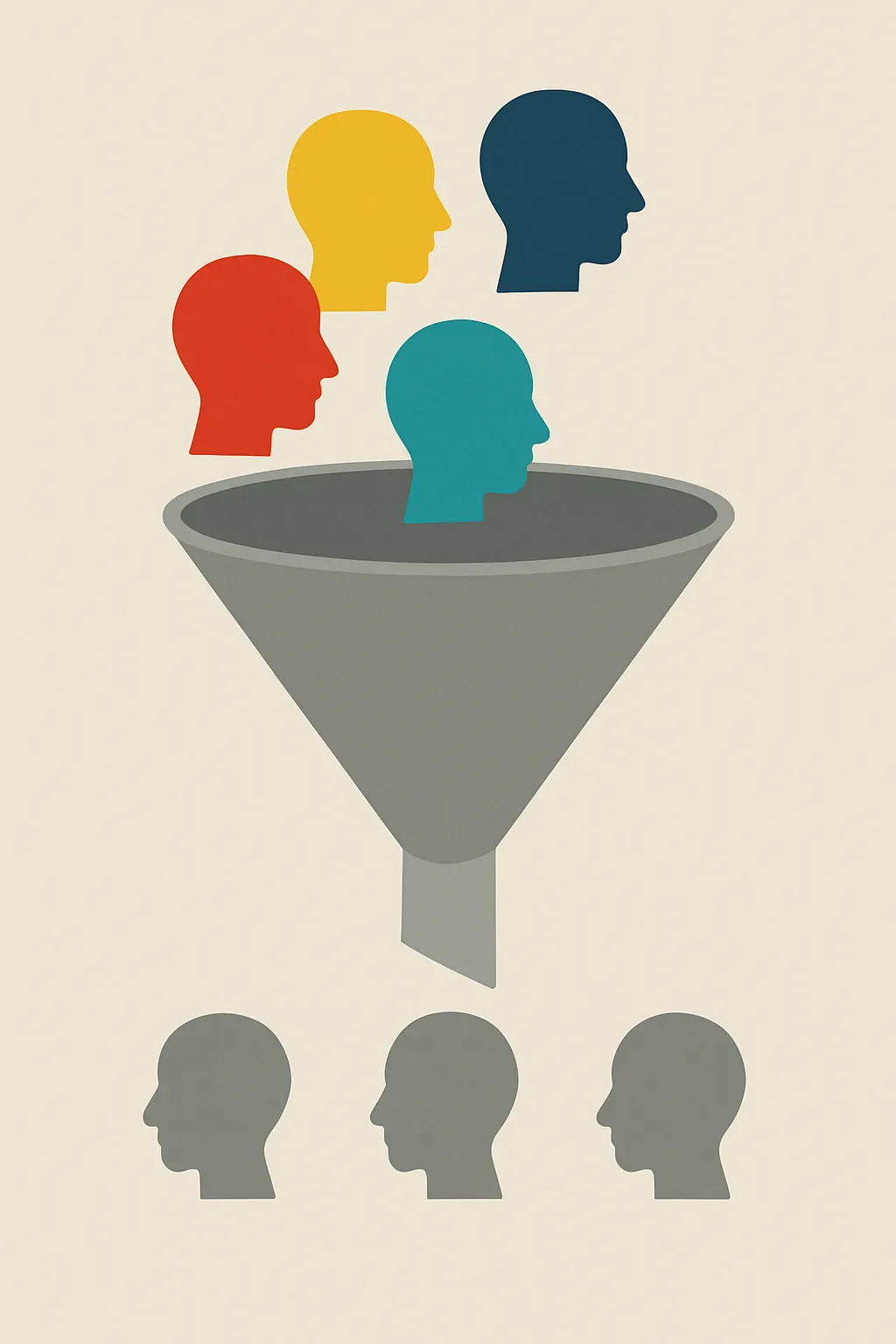You Don’t Need to Fix Our Receptors. You Need to Fix Your Assumptions.
 There’s a certain kind of autism research that doesn’t say “cure” anymore. It says “intervention.” It doesn’t talk about changing who we are. It talks about reducing symptoms. And it doesn’t ask whether we want any of this — because it never had to.
There’s a certain kind of autism research that doesn’t say “cure” anymore. It says “intervention.” It doesn’t talk about changing who we are. It talks about reducing symptoms. And it doesn’t ask whether we want any of this — because it never had to.
The latest example comes from Future Journal of Pharmaceutical Sciences, where Khattab et al. explore the potential of drugs and herbs that target the α7-nicotinic acetylcholine receptor. The goal? Improve social behaviors, reduce “stereotypies” and mitigate autism “deficits.”
The paper doesn't flinch. It doesn't question the premise.
It just asks: Which compound works best?
This Is Not Harmless Curiosity
The authors list promising agents: galantamine, curcumin, ginseng. The pitch is that these substances might enhance receptor function — and therefore “improve” social interaction, communication and behavior in autistic people.
But improve for whom?
Because here's what they mean by improvement:
Less movement. Less repetition. Less autonomy. Less visible difference.
They don't say it outright. But every behavioral "benefit" they name is about compliance, legibility and suppression.
This isn’t medicine. It’s neurochemical assimilation.
Let’s Talk About What Gets Left Out
There is no mention of:
- How autistic people feel about these interventions
- Whether the traits being targeted are distressing or simply non-normative
- What it means to medicate someone toward social palatability
There’s no analysis of why autistic behavior is being pathologized in the first place. No acknowledgment that many of us stim to regulate, speak indirectly to survive or avoid eye contact for sensory safety.
The logic is clear:
Autism is a receptor problem. Fix the receptor, and you fix us.
Framing Difference as Deficit Is Not Scientific Neutrality
When you begin with the assumption that autistic people are broken, any modulation looks like help. Even if it flattens us. Even if it silences us. Even if the “herbal intervention” ends up delivering the same message every autistic child learns early:
You’re too much. You need to be less.
And when researchers wrap that message in clinical language, it doesn't make it neutral. It makes it harder to challenge — because now it's peer-reviewed.
Autistic People Deserve Research That Sees Us as People, Not Problems to Solve
We don’t need more receptor studies unless they’re grounded in consent, in ethics, in respect for our ways of being.
We don’t need more “natural” treatments for “unnatural” brains.
And we don’t need another generation of children raised on the promise that a root extract might finally make them easier to raise.
What we need is harder.
We need researchers willing to ask not how to change us — but why that’s still the goal.